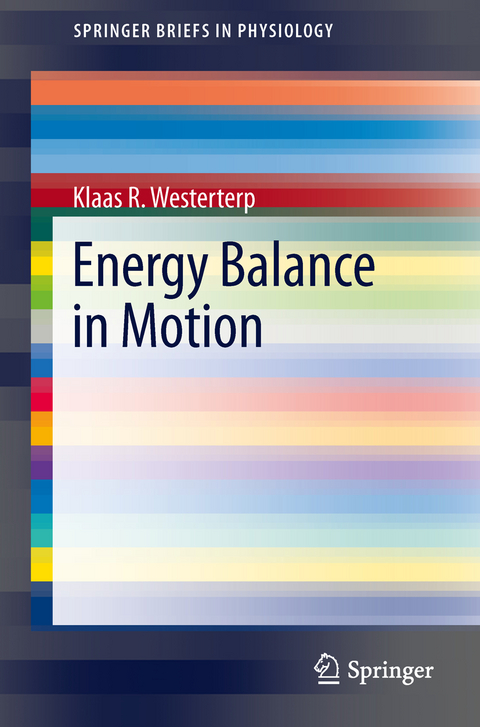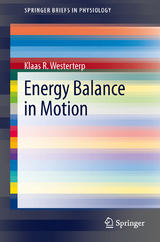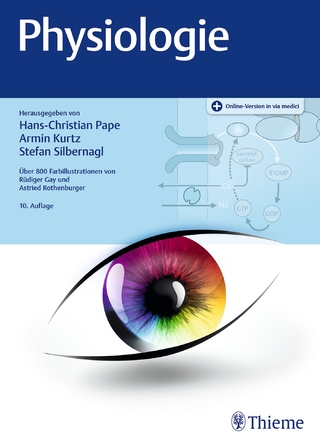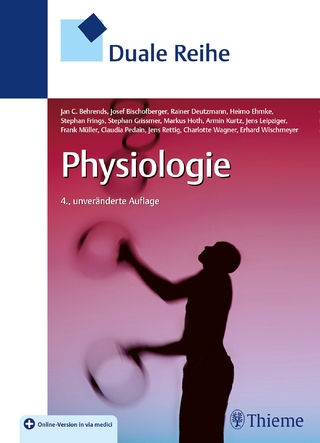Energy Balance in Motion
Springer Berlin (Verlag)
978-3-642-34626-2 (ISBN)
Energy balance can be maintained by adapting energy intake to changes in energy expenditure and vice versa, where short-term changes in energy expenditure are mainly caused by physical activity. Questions are whether physical activity is affected by over and under-eating, is intake affected by an increase or a decrease in physical activity, and does overweight affect physical activity? Presented evidence is largely based on studies where physical activity is quantified with doubly labeled water. Overeating does not affect physical activity while under-eating decreases habitual or voluntary physical activity. Thus, it is easier to gain weight than to lose weight. An exercise induced increase in energy requirement is compensated by intake while a change to a more sedentary routine does not induce an equivalent reduction of intake and generally results in weight gain. Overweight and obese subjects have similar activity energy expenditures than lean people despite they move less. There are two options to reverse the general population trend for an increasing body weight, reducing intake or increasing physical activity. Based on the results presented, eating less is most effective for preventing weight gain, despite a potential negative effect on physical activity when reaching a negative energy balance.
Klaas R Westerterp is professor of Human Energetics at Maastricht University, The Netherlands. He coordinated the bachelor and master programme Metabolism and Nutrition at the Maastricht University Medical Center and was PhD dean of the Faculty of Health, Medicine and Life Sciences. Among his present fields of interest are energy metabolism and body composition, with special emphasis on observations in daily living conditions using accelerometers to assess physical activity and labelled water to assess energy expenditure. He is active in editorial boards of international scientific journals, e.g. Editor of European Journal of Applied Physiology; Editor in chief of Proceedings of the Nutrition Society.
Introduction, energy balance in animals.- Energy balance.- Limits in energy expenditure.- Energy expenditure, physical activity, body weight and body composition.- Extremes in energy intake.- Body weight.- Growth, growth efficiency and ageing.- Modern man in line with wild mammals.- Appendix: Simple and valid energy requirement calculation.
| Erscheint lt. Verlag | 14.12.2012 |
|---|---|
| Reihe/Serie | SpringerBriefs in Physiology |
| Zusatzinfo | XIII, 111 p. 54 illus. |
| Verlagsort | Berlin |
| Sprache | englisch |
| Maße | 155 x 235 mm |
| Gewicht | 213 g |
| Themenwelt | Studium ► 1. Studienabschnitt (Vorklinik) ► Physiologie |
| Naturwissenschaften ► Biologie | |
| Schlagworte | Body composition • Energy expenditure • Energy Intake • Engery balance • Excercise • Nutrition |
| ISBN-10 | 3-642-34626-X / 364234626X |
| ISBN-13 | 978-3-642-34626-2 / 9783642346262 |
| Zustand | Neuware |
| Haben Sie eine Frage zum Produkt? |
aus dem Bereich




